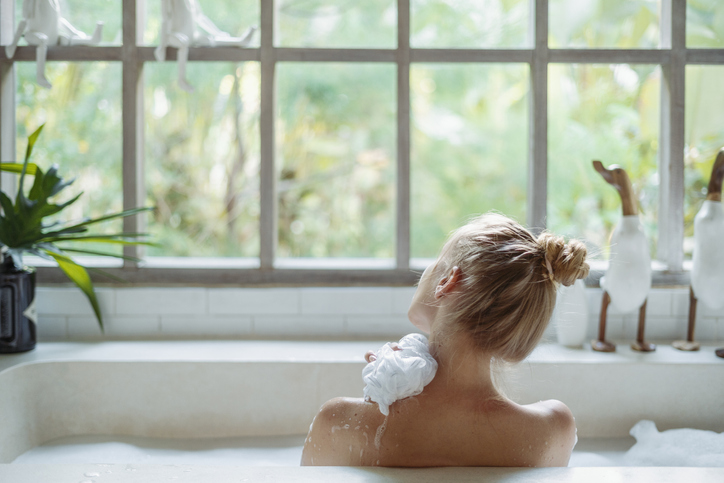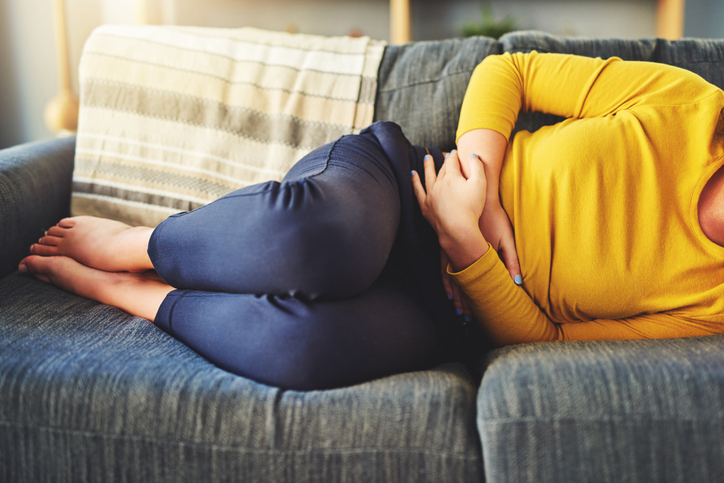Pain
At-Home Treatments for Vulvodynia

17 people found this helpful
Print
Share
Save
What is vulvodynia?
Vulvodynia is a chronic pain condition affecting the vulva (vaginal opening); it presents as pain in the labia, clitoris and/or vaginal opening. A diagnosis of vulvodynia requires that the pain is present for at least three months. Vulvodynia has no identifiable cause and is a diagnosis of exclusion. Although the cause is still unknown, research is ongoing.
At-home treatment options and lifestyle modifications
At-home treatments and lifestyle modifications can help reduce vulvodynia pain. Individuals may need to try several at-home treatments before finding which ones work best. Individuals should keep a record of what helps the most.
At-home treatments
- Cold compresses or gel packs (wrapped in a towel or cloth) can be placed on the external genital area to ease pain and itching. Cold packs should not be directly applied to the genitals.
- Soaking in a sitz bath two or three times a day for five to 10 minutes can ease vulvar pain. Epsom salts or colloidal oatmeal should be used in lukewarm or cool water. Hot water can increase irritation and pain.
- Applying topical heat with a heating pad can reduce pain.
- Washing the genital area gently, with water only, can reduce irritation. Soaps and bubble bath should be avoided. The area should gently be patted dry.
- A vegetable or plant-based oil or preservative-free emollient, such as plain petroleum jelly, can be applied after cleansing to create a protective barrier.
- Sitting on a foam rubber doughnut can ease pressure placed on the vulva.
- Ice packs or frozen gel packs, wrapped in a towel, can be placed on the genital area following sexual intercourse to ease pain.
- The vulva should be rinsed with cool water after urination and sexual intercourse and gently patted dry to prevent irritation.
Lifestyle modifications
- Clothes and underwear should be loose fitting to avoid restricting airflow to the genital area. Tight-fitting pants and underwear increase temperature in the area, resulting in increased moisture and irritation.
- Only 100% cotton underwear should be worn to increase ventilation.
- Underwear should be avoided during sleep when possible.
- Pantyhose should be completely avoided.
- Tampons and menstrual pads should be deodorant and scent-free and 100% cotton.
- Laundry detergent should be dermatologically approved and fabric softeners should not be used on underwear.
- Toilet paper should be white, unscented and soft to avoid irritants.
- Hot tubs and pools with chlorine should be avoided.
- Shampoo containing fragrance agents should not be applied to the genital area.
- Activities placing pressure on the vulva, such as biking or horseback riding, should be avoided.
- Beans, berries, chocolate, nuts and greens in the diet can cause the urine to irritate the skin and should be avoided.
- Obtaining an adequate amount of sleep and lowering stress levels can ease symptoms associated with vulvodynia.
- Only a water-soluble lubricant should be used during sexual intercourse, including condom lubricants.
- Intimacy products that contain alcohol, flavor or cooling/warming agents (including condoms) should be avoided.













